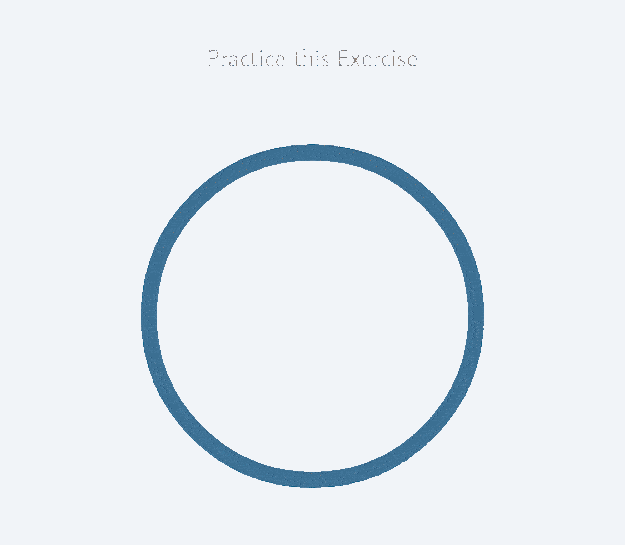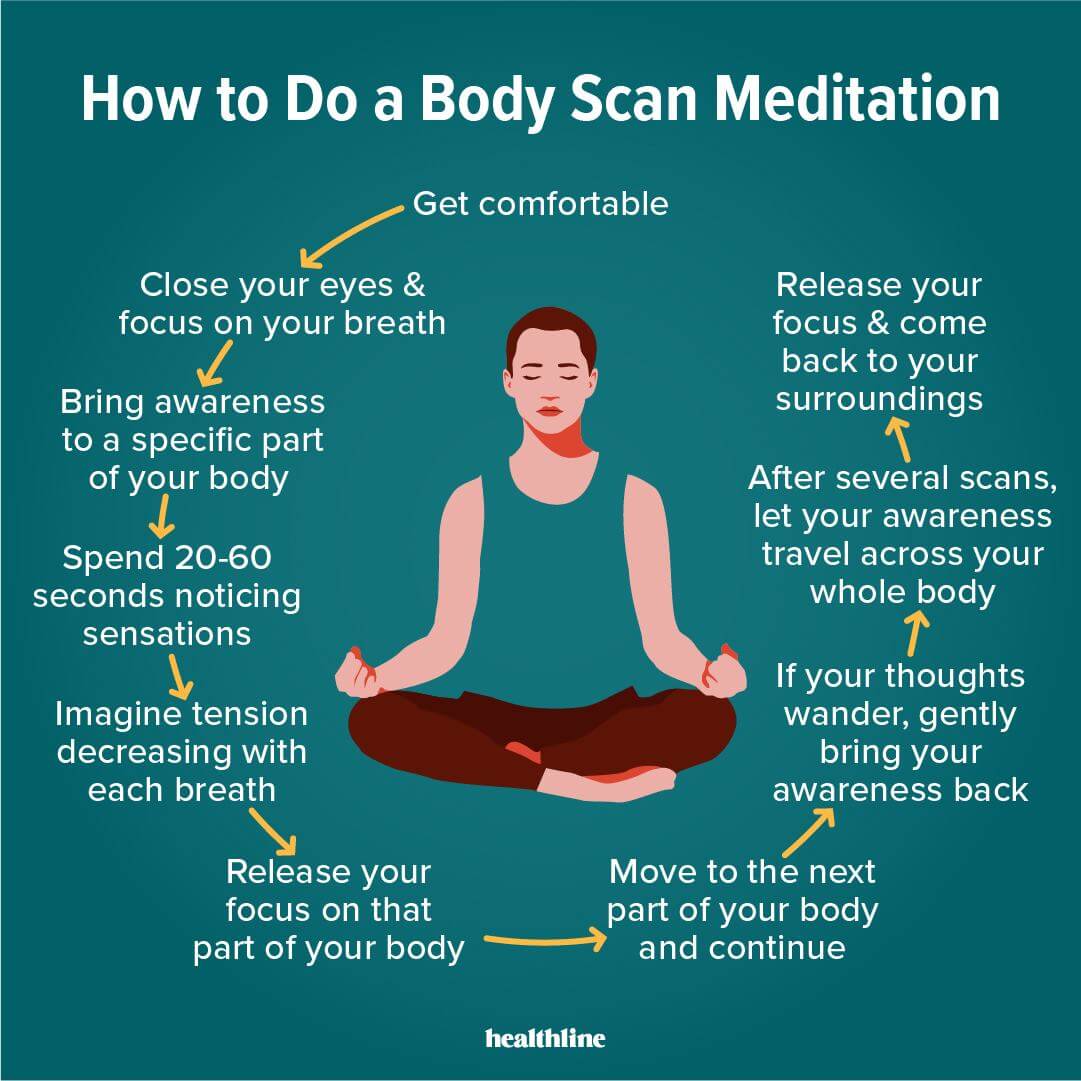Introduction
In today’s fast-paced world, stress, anxiety, and distractions have become an inevitable part of life. Many people struggle to stay present and grounded, constantly worrying about the past or future. Mindfulness, an ancient practice rooted in Buddhist traditions, has gained significant attention in modern psychology as a powerful tool for reducing stress, improving mental well-being, and enhancing overall quality of life (Kabat-Zinn, 1994).
Mindfulness is the practice of purposefully paying attention to the present moment without judgment. It involves awareness of thoughts, emotions, bodily sensations, and surroundings. Scientific research has shown that mindfulness can improve mental health, enhance focus, and promote emotional regulation (Brown, Ryan, & Creswell, 2007). This article explores mindfulness and provides simple techniques that individuals can incorporate into their daily lives.
Read More- Benefits of Mindfulness
The Science Behind Mindfulness
Recent studies in neuroscience and psychology have demonstrated the profound impact of mindfulness on brain function and mental health. Mindfulness activates the prefrontal cortex, responsible for executive functions such as decision-making and emotional regulation. It also reduces activity in the amygdala, the brain’s fear center, helping individuals manage stress more effectively (Hölzel et al., 2011).
One of the most well-known mindfulness-based interventions is Mindfulness-Based Stress Reduction (MBSR), developed by Jon Kabat-Zinn. Research suggests that MBSR can help reduce symptoms of anxiety, depression, and chronic pain (Kabat-Zinn, 1994). Another approach, Mindfulness-Based Cognitive Therapy (MBCT), has been effective in preventing relapse in individuals with depression (Segal, Williams, & Teasdale, 2018).
Simple Mindfulness Techniques for Daily Life
While mindfulness is often associated with meditation, there are various simple techniques that individuals can practice throughout the day. These methods help bring awareness to the present moment and cultivate a sense of peace and clarity.
1. Mindful Breathing
One of the simplest and most effective mindfulness techniques is mindful breathing. This involves focusing on the breath and observing its natural rhythm.
How to Practice
- Find a quiet place to sit or stand comfortably.
- Close your eyes and take a deep breath in through your nose.
- Slowly exhale through your mouth.
- Focus on the sensation of air entering and leaving your body.
- If your mind wanders, gently bring your attention back to your breath.

Scientific Benefits: Mindful breathing has been shown to reduce stress and lower cortisol levels, the hormone responsible for stress responses (Zeidan et al., 2010).
2. Body Scan Meditation
Body scan meditation involves paying attention to different parts of the body, promoting relaxation and awareness.
How to Practice
- Lie down or sit in a comfortable position.
- Close your eyes and take a few deep breaths.
- Start at the top of your head and slowly move your attention down to your toes.
- Notice any sensations, tension, or discomfort without trying to change them.
- Take a deep breath into areas of tension and allow them to relax.

Scientific Benefits: Studies show that body scan meditation can reduce muscle tension, improve sleep quality, and decrease symptoms of chronic pain (Creswell et al., 2014).
3. Mindful Eating
Mindful eating involves fully engaging in the experience of eating, paying attention to the taste, texture, and smell of food.
How to Practice
- Choose a meal or snack and eliminate distractions (e.g., no TV or phone).
- Observe the food’s appearance, smell, and texture before taking a bite.
- Eat slowly, savoring each bite and paying attention to the flavors.
- Chew thoroughly and notice the sensations of swallowing.
Scientific Benefits: Research indicates that mindful eating can reduce overeating, improve digestion, and enhance enjoyment of food (Kristeller & Wolever, 2011).
Read More- Gratitude Journal
4. Gratitude Practice
Gratitude is a mindfulness practice that focuses on appreciating the positive aspects of life. It helps shift attention from what is lacking to what is abundant.
How to Practice
- Take a few moments each day to reflect on three things you are grateful for.
- Write them down in a journal or say them out loud.
- Express gratitude to others by sending a message or writing a thank-you note.
Scientific Benefits: Studies show that practicing gratitude increases happiness levels, reduces stress, and improves emotional well-being (Emmons & McCullough, 2003).
5. Mindful Walking
Mindful walking turns an ordinary activity into a meditation by focusing on each step and bodily movement.
How to Practice
- Choose a quiet place to walk, such as a park or garden.
- Walk slowly, paying attention to each step.
- Notice how your feet touch the ground and how your body moves.
- Observe your surroundings—the sounds, sights, and smells.
- If your mind wanders, gently return to the sensation of walking.
Scientific Benefits: Research suggests that mindful walking improves focus, reduces stress, and enhances mood (Gotink et al., 2016).
Read More- Gratitude and Its Benefits
6. Mindful Journaling
Journaling mindfully helps individuals process thoughts and emotions with clarity.
How to Practice
- Set aside 5–10 minutes to write in a journal.
- Write about your thoughts, feelings, or experiences without judgment.
- Use prompts such as “What am I feeling right now?” or “What brought me joy today?”
- Reflect on your writings and identify any patterns or insights.
Scientific Benefits: Mindful journaling has been found to enhance self-awareness, reduce stress, and improve emotional regulation (Pennebaker, 1997).
Integrating Mindfulness into Daily Life
Mindfulness does not require hours of meditation—it can be seamlessly integrated into everyday activities. Here are some additional ways to cultivate mindfulness:
- Start your day mindfully: Instead of rushing in the morning, take a few minutes to stretch, breathe, and set an intention for the day.
- Pause between tasks: Take a deep breath before transitioning between work or daily activities.
- Use mindfulness reminders: Set phone alarms or sticky notes with reminders to stay present.
- Practice deep listening: When conversing, fully engage by listening attentively without distractions.
Conclusion
Mindfulness is a powerful practice that enhances well-being, reduces stress, and improves overall mental and physical health. By incorporating simple mindfulness techniques such as mindful breathing, body scans, mindful eating, gratitude practices, mindful walking, and journaling, individuals can cultivate greater awareness, focus, and emotional balance. Research continues to highlight the numerous benefits of mindfulness, making it a valuable tool for modern life.
As mindfulness becomes a habit, individuals will find themselves living with greater presence, appreciation, and inner peace. Whether practiced for a few minutes a day or integrated into daily routines, mindfulness has the potential to transform lives for the better.
References
Brown, K. W., Ryan, R. M., & Creswell, J. D. (2007). Mindfulness: Theoretical foundations and evidence for its salutary effects. Psychological Inquiry, 18(4), 211-237.
Creswell, J. D., Pacilio, L. E., Lindsay, E. K., & Brown, K. W. (2014). Brief mindfulness meditation training alters psychological and neuroendocrine responses to social evaluative stress. Psychoneuroendocrinology, 44, 1-12.
Emmons, R. A., & McCullough, M. E. (2003). Counting blessings versus burdens: An experimental investigation of gratitude and subjective well-being. Journal of Personality and Social Psychology, 84(2), 377.
Kabat-Zinn, J. (1994). Wherever you go, there you are: Mindfulness meditation in everyday life. Hyperion.
Segal, Z. V., Williams, J. M. G., & Teasdale, J. D. (2018). Mindfulness-based cognitive therapy for depression (2nd ed.). Guilford Press.
Zeidan, F., Johnson, S. K., Diamond, B. J., David, Z., & Goolkasian, P. (2010). Mindfulness meditation improves cognition. Consciousness and Cognition, 19(2), 597-605.
Subscribe to PsychUniverse
Get the latest updates and insights.
Join 3,041 other subscribers!
Niwlikar, B. A. (2025, April 6). 6 Mindfulness Techniques That Will Transform Your Daily Routine. PsychUniverse. https://psychuniverse.com/mindfulness-techniques-for-daily-life/




Pingback: Your Brain on Music and The 2 Important Neuroscience Phenomena Behind It - PsychUniverse